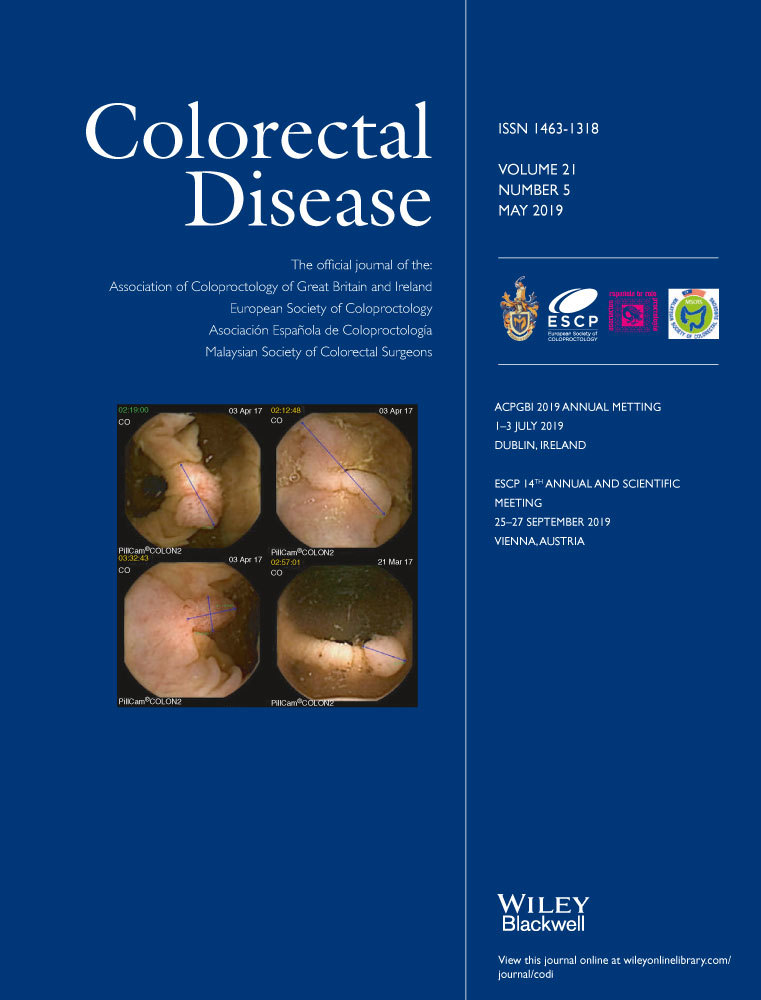Rectal Surgery Evaluation Trial: protocol for a parallel cohort trial of outcomes using surgical techniques for total mesorectal excision with low anterior resection in high-risk rectal cancer patients
Abstract
Aim
Total mesorectal excision (TME) is the standard of care for rectal cancer, which can be combined with low anterior resection (LAR) in patients with mid-to-low rectal cancer. The narrow pelvic space and difficulties in obtaining adequate exposure make surgery technically challenging. Four techniques are used to perform the surgery: open laparotomy, laparoscopy, robot-assisted surgery and transanal surgery. Comparative data for these techniques are required to provide clinical data on the surgical management of rectal cancers.
Methods
The Rectal Surgery Evaluation Trial will be a prospective, observational, case-matched, four-cohort, multicentre trial designed to study TME with LAR using open laparotomy, laparoscopy, robot-assisted surgery or transanal surgery in high-surgical-risk patients with mid-to-low non-metastatic rectal cancer. All surgeries will be performed by surgeons experienced in at least one of the techniques. Oncological, morbidity and functional outcomes will be assessed in a composite primary outcome, with success defined as circumferential resection margin ≥ 1 mm, TME Grade III and minimal postoperative morbidity (absence of Clavien–Dindo Grade III–IV complications within 30 days after surgery). Secondary end-points will include the co-primary end-points over the long term (2 years), quality of surgery, quality of life, length of hospital stay, operative time and rate of unplanned conversions.
Discussion
This will be the first trial to study all four surgical techniques currently used for TME with LAR in a specific group of high-risk patients. The knowledge obtained will contribute towards helping physicians determine the advantages of each technique and which may be the most appropriate for their patients.
Conflicts of interest
PR, IG, DJ, TR, GS, MGR are proctors for Intuitive Surgical. GS is proctor for Multimed and AB Medica. IG has received an unrestricted research grant from Intuitive Surgical. All other authors have no conflict of interest to disclose.




